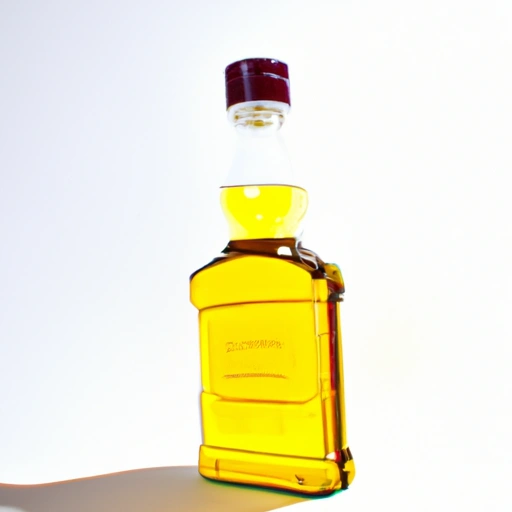Syrup
Description

Syrup is a thick, viscous liquid consisting primarily of a solution of sugar in water. It can range from clear and colorless to amber or golden, depending on the type and amount of sugar used, as well as any additional flavoring agents. Syrup is a staple ingredient in both food and drink recipes and is known for its ability to provide sweetness and moisture. It comes in various forms, such as corn syrup, maple syrup, high-fructose corn syrup, and golden syrup, each possessing unique characteristics and culinary applications.
Common uses
Syrup is commonly used as a sweetener in beverages, a topping for pancakes and waffles, a sugar substitute in baking, and a key ingredient in candy making. It also serves as a glaze for meats, a base for fruit compotes, and an essential component in various sauces and dressings.
Nutritional value
Calories
Calories in syrup can vary depending on the type but generally range from 260 to 300 calories per 1/4 cup (60 ml or about 2 fluid ounces).
Protein
Syrup contains negligible amounts of protein.
Fat
Syrup is virtually fat-free, making it a fat-free sweetener option.
Carbohydrates
The carbohydrate content in syrup is high, primarily from sugars, with about 70 grams of carbohydrates per 1/4 cup (60 ml).
Vitamins
Some syrups, like maple syrup, contain small amounts of vitamins such as B vitamins.
Minerals
Maple syrup and some cane syrups can be sources of minerals like manganese and zinc.
Health benefits
While syrup is largely composed of sugars and should be consumed in moderation, natural syrups like pure maple syrup contain antioxidants and can provide trace amounts of minerals that may offer health benefits.
Potential risks
The high sugar content in syrup can contribute to various health issues such as obesity, diabetes, and tooth decay if consumed in large quantities. Some syrups may also contain additives or high levels of fructose, which can be harmful to liver health.
Common recipes
Syrup is used in a plethora of recipes including pancakes, waffles, French toast, cakes, pies, and cookies. It also appears in marinades, glazes, and homemade granola.
Cooking methods
Syrup can be used as is, drizzled over food, or incorporated into recipes as a sweetening agent. It can also be heated and reduced to concentrate its flavor and thickness.
Pairing with other ingredients
Syrup pairs well with breakfast dishes, baked goods, fruits, and even savory items like bacon or roasted vegetables.
Summary
Syrup is a versatile ingredient beloved for its sweetness and moisture-retaining properties. It has roots in ancient traditions and continues to be an essential component in both sweet and savory dishes. Despite its nutritional value being primarily sugar-based, it can still offer some health benefits when natural syrups are chosen and consumed in moderation.